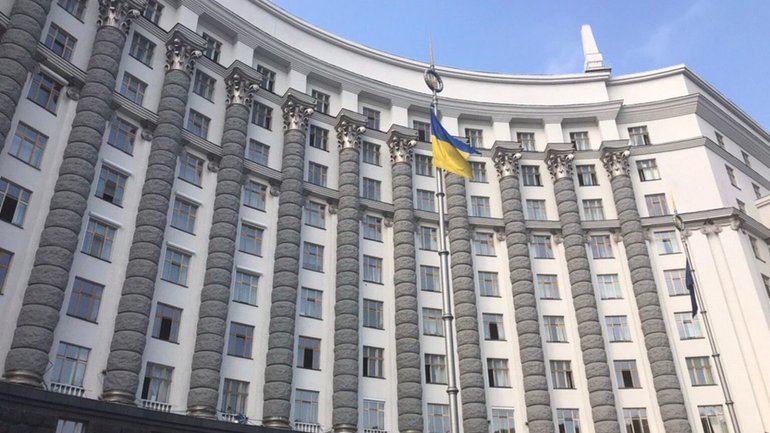State Service of Ukraine for Ethnopolitics names the number of buildings owned and used by the UOC MP

This information was reported by the State Service of Ukraine for Ethnopolitics and Freedom of Conscience in response to a request from Hromadske.
The data was retrieved from their own report on the provision of churches and religious organizations in Ukraine with cult buildings and premises suitable for prayer.
This document is published on the website of the State Service for Ethnopolitics.
The information is relevant as of January 1, 2022, and was collected from the regional and Kyiv city state administrations (military administrations).
"The State Service does not have any other information about the buildings owned by the religious organizations of the Ukrainian Orthodox Church [Moscow Patriarchate]," they added.
What property can religious organizations own?
They can own buildings, religious objects, objects of production, social and charitable purposes, transportation, funds, and other property necessary for their activities.
Religious organizations have the right to ownership of property acquired or created by them using their own funds, donated by citizens or organizations, or transferred by the state, as well as property acquired on other grounds provided by law.
Also, according to the legislation, religious organizations have the right to establish and maintain freely accessible places of worship or religious gatherings, as well as places revered in one or another religion (places of pilgrimage).
Can "private churches" of the Ukrainian Orthodox Church of the Moscow Patriarchate be closed?
In response to this question, the State Service of Ukraine for Ethnopolitics stated that, according to the Constitution of Ukraine, everyone has the right to freedom of thought and religion. Moreover, everyone has the right to own, use, and dispose of their property, and no one can be unlawfully deprived of the right to property.
Forced alienation of objects of the right to private property may be applied only on the basis of a court decision in accordance with the procedure established by law.










